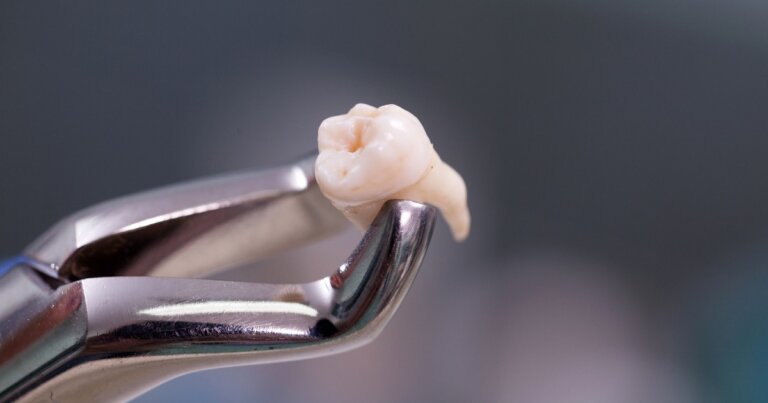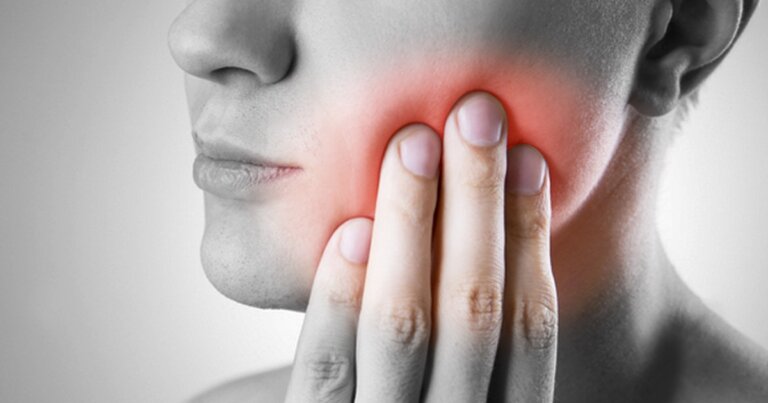Tooth Extraction

What is Tooth Extraction?
Tooth extraction, also known as tooth removal, is a routine dental procedure in which a tooth is removed from its socket in the jawbone. While dentists strive to save natural teeth whenever possible, there are cases where tooth extraction is necessary to protect overall oral health.
Modern advancements in dental techniques and anesthesia have made extractions safe and relatively comfortable for patients. Before you deciding on whether Tooth Extraction is right for you, there are some things you should know:
- Why Might You Need Tooth Extraction?
- Benefits Of Tooth Extraction
- Alternatives To Tooth Extraction
- How Much Does Tooth Extraction Cost?
- Steps In The Tooth Extraction Procedure
- Frequently Asked Questions About Tooth Extraction
If you have any further questions about Tooth Removal or other dental services offered at Atlas Dental, please contact us.

Free phone consultation
Have questions about dental extraction service? Schedule a free phone consultation with our Toronto dentist.

5 star google reviews
Our patients love us! See why more and more people are choosing Atlas Dental for tooth extraction.

Emergency dental care
Have tooth pain in Toronto and need a tooth removal appointment immediately? Book online for same day dental extraction.
Why Might You Need Tooth Extraction ?
There are several common reasons why your dentist may recommend tooth removal:
- Severe Tooth Decay: When decay damages a tooth beyond repair, extraction prevents infection from spreading to other areas.
- Advanced Gum Disease: Periodontal disease can loosen teeth, and in severe cases, extraction is required to protect surrounding teeth and tissues.
- Impacted Wisdom Teeth: Wisdom teeth often cause pain, infections, or overcrowding and may require extraction to avoid future complications.
- Overcrowding: Extraction can create space for orthodontic treatments or proper alignment of teeth.
- Trauma or Injury: If a tooth is fractured or damaged beyond repair, removing it may be the best solution to relieve pain and prevent further complications.
Dentists typically consider tooth extraction as a last resort, exploring all alternative treatment options first. If you have further questions about Tooth Removal, please contact us.

Benefits of Tooth Extraction
Despite being a last resort, tooth removal has several advantages:
- Pain Relief: Extracting a damaged or decayed tooth eliminates persistent discomfort.
- Prevention of Infection: Removing a problematic tooth stops the spread of bacteria to other areas of the mouth.
- Improved Oral Health: Extraction can enhance oral health by eliminating sources of infection or decay.
- Facilitates Orthodontic Treatment: Creating space in the mouth ensures proper alignment of remaining teeth.
- Prevents Wisdom Teeth Complications: Early extraction can avoid issues like pain, swelling, and infection.
Dentists will carefully evaluate the individual’s oral health, consider the potential benefits and risks, and discuss alternative solutions before recommending tooth extraction. If you have further questions about Tooth Extraction, please contact us.
Alternatives to Tooth Extraction
Several alternatives may be explored before extraction:
- Root Canal Therapy: Removes damaged pulp to eliminate pain and save the natural tooth.
- Dental Crowns: Restores strength and function to cracked or decayed teeth.
- Gum Disease Treatment: Deep cleaning or surgery can stabilize loose teeth.
- Orthodontic Adjustment: Braces or aligners resolve overcrowding without extractions.
- Tooth Splinting: Stabilizes loose teeth by bonding them to neighboring teeth.
- Dental Fillings or Bonding: Repairs minor to moderate damage or decay.
At Atlas Dental, we carefully assess each patient’s needs and explore every possible option to preserve natural teeth before recommending removal. If you have further questions about Tooth Extraction, please contact us.
Cost of Tooth Extraction
Tooth Extraction cost can range from $218 to 314, and is determined by level of difficulty in removing your tooth. The codes relevant to tooth extraction in the Ontario Dental Association’s Suggested Fee Guide appear as follows:
- 71101 – Removals, Erupted Teeth, Uncomplicated: $218
- 71201 – Removals, Erupted Tooth, Surgical Approach, Requiring Surgical Flap and/or Sectioning of Tooth: $314
Tooth extractions are considered a basic service under all dental insurance plans and should be covered to your maximum insurable limit, but be sure to find out from your dental insurance plan provider how much you are eligible for before going ahead with dental treatment. Our fees are consistent with the ODA Fee Guide.
For patients without dental insurance, Atlas Dental is pleased to offer dental financing through iFinance Dentalcard. Affordable payment plans start at 7.95% for terms of 6 months to 6 years. To learn more about Dentalcard dental treatment financing, follow this link.

Steps In The Tooth Extraction Procedure
Here’s what to expect during a tooth extraction:
- Consultation: Your dentist will evaluate your oral health and may take X-rays to assess the affected tooth.
- Anesthesia: Local anesthesia ensures a pain-free experience. Sedation options are available for anxious patients.
- Loosening the Tooth: Specialized instruments are used to loosen the tooth.
- Extraction: The tooth is gently removed using forceps. Surgical cases may involve cutting the tooth or bone.
- Stitches (if needed): In some cases, the dentist may place stitches to close the wound.
- Post-Care Instructions: Follow your dentist’s guidance on managing bleeding, swelling, and pain to ensure smooth recovery.
It’s essential to communicate openly with your dentist throughout the procedure, providing information about your medical history, current medications, and any concerns or questions you may have. This will help ensure a safe and successful tooth removal experience. If you have further questions about the Tooth Extraction procedure, please contact us.
Frequently Asked Questions About Tooth Extraction
- Is tooth extraction painful?
No, local anesthesia ensures the procedure is pain-free. Some discomfort or swelling may occur afterward, which can be managed with over-the-counter or prescribed pain relievers.
- How long does it take to recover from tooth extraction?
Most patients recover within 7–10 days. Following post-care instructions, such as resting, avoiding strenuous activities, and maintaining oral hygiene, will speed up healing.
- Can I eat normally after tooth extraction?
Soft foods are recommended for the first 24–48 hours. Gradually reintroduce harder foods as the extraction site heals. Avoid using a straw to prevent dry socket.
- What should I do if I experience complications?
Contact your dentist immediately if you notice excessive bleeding, severe pain, or signs of infection like fever or swelling.
At Atlas Dental, we prioritize patient comfort and oral health. Whether you’re dealing with wisdom tooth pain, severe decay, or overcrowding, our experienced team is here to help. Contact us to discuss whether a dental extraction is right for you.

